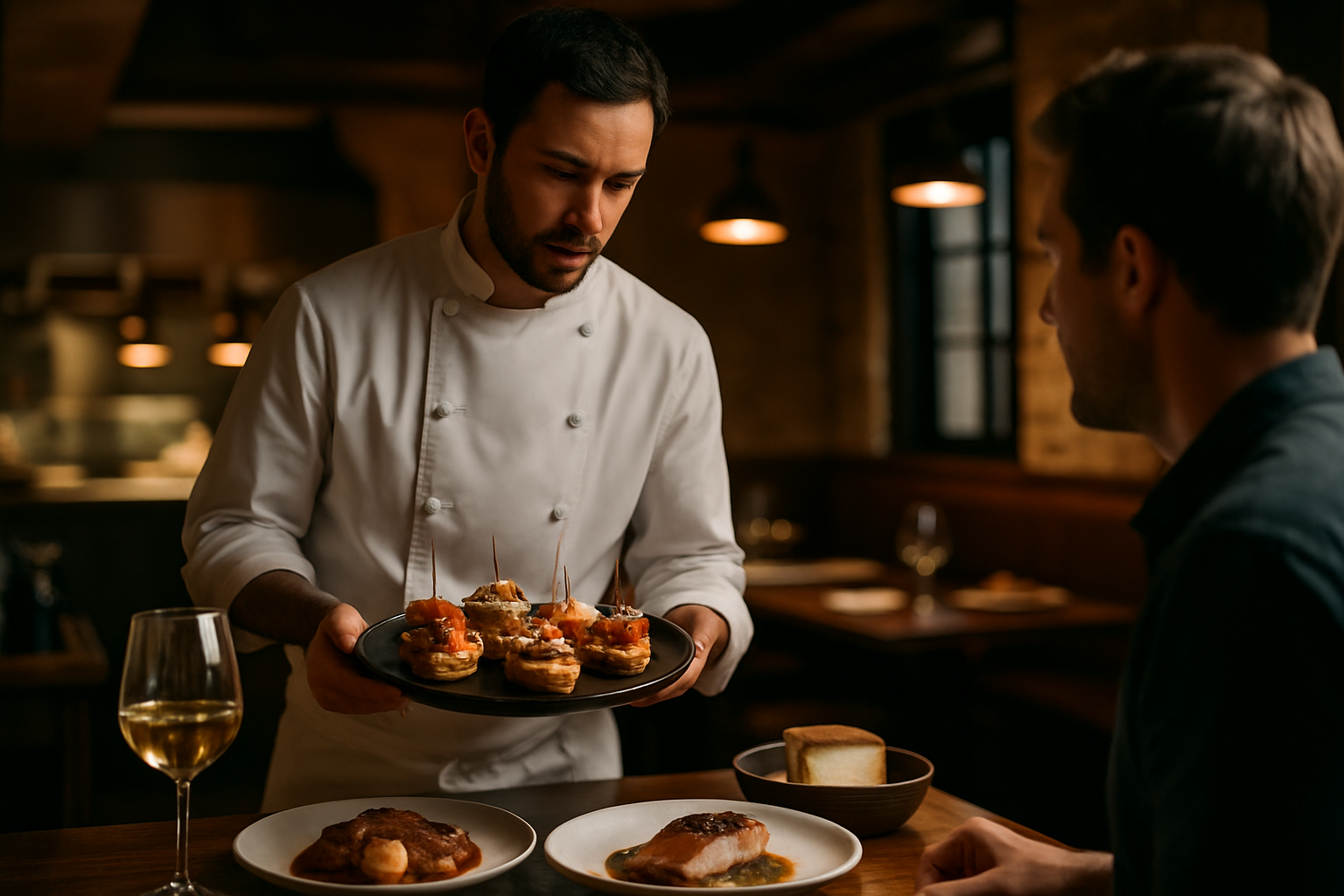How Apprenticeships Shape Practical Kitchen Expertise
Apprenticeships bridge classroom theory and the realities of a working kitchen, offering hands-on culinary and hospitality training. This article outlines how structured on-the-job learning develops practical skills, supports certifications, and prepares candidates for interviews, staging, and recruitment processes.

Apprenticeships offer structured, hands-on training that places learners directly in kitchen environments where routine, pace, and teamwork shape practical culinary judgment. Rather than relying solely on theory, apprentices encounter real service pressures, seasonal menu changes, hygiene demands, and iterative feedback from senior cooks. Over time, this exposure builds technical competence—knife work, timing, and plating—alongside softer but essential skills such as communication, time management, and problem-solving under pressure. For those exploring career options in hospitality, local services and training providers can connect apprentices with placements that align with certification pathways and employer expectations.
How do apprenticeships develop culinary and hospitality skills?
Apprenticeships immerse trainees in the daily flow of a kitchen, so culinary techniques become muscle memory through repetition. Tasks range from basic prep to complex station work, exposing apprentices to a variety of cuisines and service styles common in hospitality settings. Mentors guide pacing, portion control, and consistency—elements that classroom tests cannot fully replicate. Regular rotations through hot line, garde manger, and pastry stations help learners adapt to different team structures and service rhythms, making them more versatile and resilient on busy shifts.
What role do hygiene and certifications play during training?
Hygiene is integral to kitchen apprenticeships: proper food handling, storage, cross-contamination prevention, and cleaning routines are reinforced daily. Many programs include or prepare candidates for recognized certifications in food safety, which employers commonly expect. These certifications validate that apprentices understand regulatory standards and safe practices, improving both kitchen safety and employability. Apprentices who complete certification modules often find it easier to document competencies on résumés and during interviews.
How does staging and seasonal work contribute to skill growth?
Staging—short unpaid trials in other kitchens—lets apprentices observe different setups and techniques, adding perspective beyond their home placement. Seasonal work introduces variations in ingredient availability, menu design, and staffing levels, sharpening adaptability and menu planning skills. Both staging and seasonal experience build a practical repertoire: sourcing and preparing seasonal produce, adjusting recipes for volume, and maintaining quality during peak periods. These experiences also provide concrete examples to reference on a résumé or in recruitment conversations.
How do apprenticeships support recruitment, resume, and interview readiness?
Apprenticeship programs often include guidance on résumé presentation and interview preparation tailored to culinary roles. Supervisors and mentors can provide references and help apprentices highlight measurable achievements—station responsibilities, completed certifications, or successful service events. During interviews, candidates who have worked through real service scenarios can discuss problem-solving, time management, and teamwork with specific examples, strengthening their credibility with recruiters. Practicing mock interviews and receiving feedback on negotiation for role expectations improves confidence entering the job market.
How do upskilling and negotiation fit into career progression?
Upskilling is continuous in hospitality: apprentices who pursue additional certifications, short courses, or staged experiences expand their technical and managerial skill sets. Learning basic inventory, cost control, and menu costing introduces apprentices to operational aspects that support future leadership roles. When negotiating terms for a new position, practical experience—documented through work records and references—supports reasonable discussions about responsibilities, schedules, and professional development opportunities without implying specific compensation figures.
What practical training habits ensure long-term competence?
Consistent repetition, reflective practice, and seeking varied placements are key habits forged during apprenticeships. Documenting staged experiences and certifications helps maintain an accurate résumé and track progress. Regularly reviewing hygiene protocols and updating certifications when required keeps practitioners aligned with industry standards. Building relationships with mentors and participating in quiet-service prep as well as peak service periods teaches both technical precision and the soft skills needed to thrive in fast-paced kitchens.
Apprenticeships provide a deliberate route from novice to practiced kitchen contributor by combining hands-on culinary tasks, hygiene discipline, and exposure to real service conditions. They encourage continuous learning—through staging, seasonal work, and targeted certifications—while offering the practical examples recruits can present during recruitment and interviews. For individuals and employers alike, apprenticeships remain a pragmatic method of developing the skilled, adaptable workforce that modern hospitality demands.






